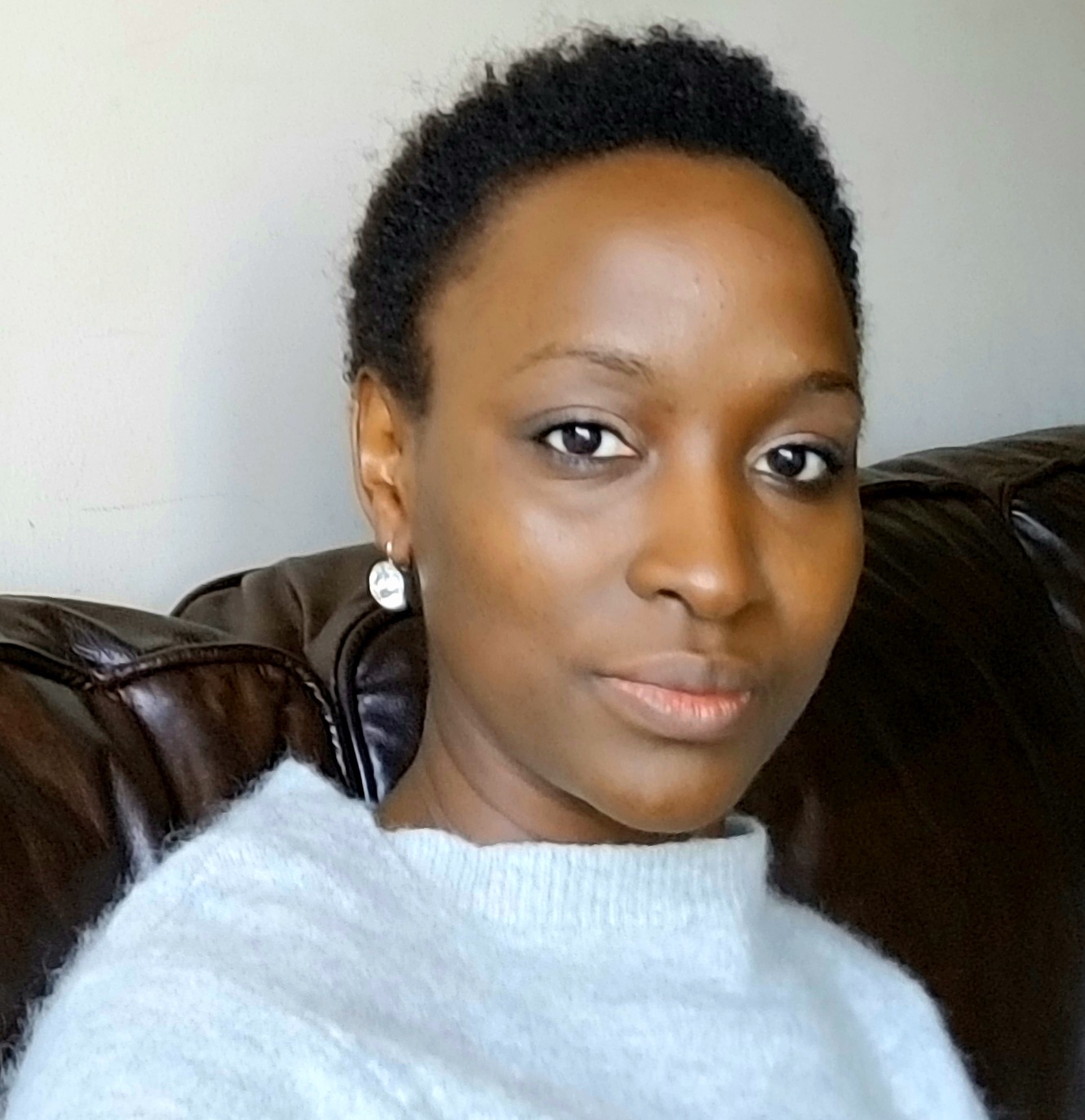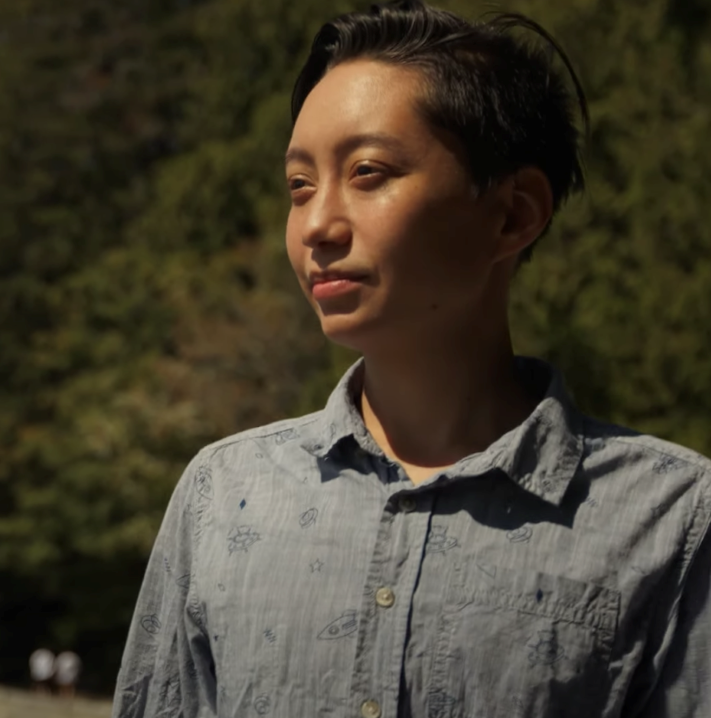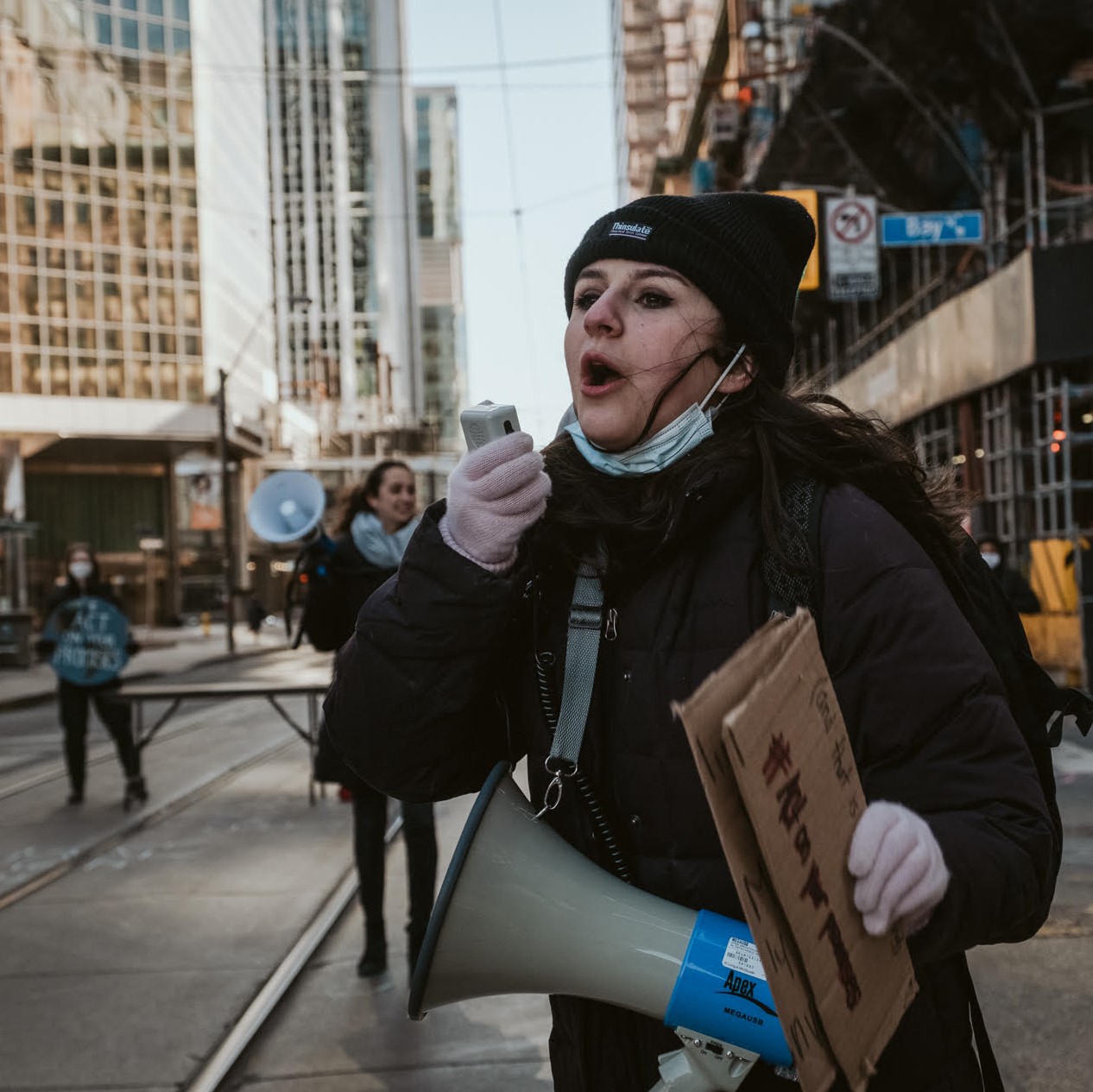Solve Climate by 2030
- Date
- April 07, 2021
- Time
- 2:30 PM EDT - 4:00 PM EDT
- Location
- Virtual - register for zoom webinar link via Eventbrite
- Open To
- Students, Ryerson Community, Teachers, Public
- Contact
- SciXchange@torontomu.ca
This April, university and high school students across the planet, along with civil society, decision makers, faith organizations and businesses, will tune into 100 events in fifty countries. Local Institutions will host regional webinars critical to our future.
On April 7, our event will (virtually) bring this international initiative to Toronto by hosting an interdisciplinary conversation about climate justice in our community. Our speakers are professionals and activists who use the science, push for policy and take action on climate change to create a more sustainable and just future. We want our entire community to join our discussion of local Canadian and Toronto solutions to the climate crisis we all face.
SciXchange at Ryerson is proud to present our theme for the event:
Science. Policy. Action.
Solve Climate by 2030 is a project of the Center for Environmental Policy at Bard College with support from the Open Society University Network.
Panelists

Dr. Awuor recently completed her PhD in environmental applied science and management and is an Environmental Public Health professional with Toronto Public Health.

Dr. Kuttner is a co-founder of Moonlight Institute, and ran for leadership of the Green Party of Canada in 2020 on a platform of justice, science, and resilience.

Ruby Swartz is an organizer with Fridays for Future Toronto. Her work is centred around educating youth, and mobilizing them to take action on climate justice issues.
Photo credit: Joshua Best
Dr. Luckrezia Awuor
Luckrezia Awuor is an environmental public health professional currently working with Toronto Public Health – Healthy Environments. Under a climate-change-and-health-research portfolio − my research utilizes environmental public health sciences and practices, communication theories, and health-related public policy principles − to produce and disseminate knowledge that addresses the critical interface between climate change, social interactions and practices, institutions, power relations, human subjectivity, and health outcomes. Specifically, my research promotes a public-health-framed climate change discourse (communication and exchange of ideas) by doing the following: advancing better communication and discussion of climate change risks and decisions; and promoting adaptive and participatory approaches to the governance of climate change. Elucidating strategies for addressing a fit between institutions and the ecological and social systems and supporting healthy public policies that consider the intricate link between environmental issues and human activities in the social, built, and natural environments are also part of my research approach. Dr. Awuor holds a PhD in Environmental Applied Science and Management and a Bachelor of Applied Science in Occupational and Public Health.
Dr. Amita Kuttner
Amita Kuttner is co-founder of moonlight institute, a non-profit organization that seeks to create frameworks for an equitable and just future, taking into account the realities of the climate emergency, as well as technology, and decolonization. Amita holds a PhD in astronomy and astrophysics from the University of California, Santa Cruz; their research focused on black holes, wormholes, quantum effects, and the early universe. Amita ran for Canadian Parliament in 2019 and served as Critic for Science and Innovation for the Green Party of Canada from September 2018 to February 2020, bringing forward policy on artificial intelligence and emerging technologies. Amita ran for leadership of the Green Party of Canada in 2020 on a platform of justice, science, and resilience.
Ruby Swartz
Ruby is an 18 year-old activist from so-called Toronto. She is a core organizer with Fridays for Future Toronto and has been coordinating actions for over a year. Her activism focuses primarily on educating young people on the climate crisis and the ways in which they can act to solve it. Most recently, she has been supporting Toronto actions taking place on the March 19th Global Day of Climate Action.
Moderator
Leigh Paulseth
Leigh coordinates SciXchange’s science outreach programs and manages our network of volunteers within and outside of the Ryerson community. She has a B.Sc. in conservation biology and Master of Resource and Environmental Management which fuelled her passion to work with communities to protect biodiversity. Leigh worked in the environmental non-profit sector for 6 years where she developed environmental education and community engagement programs and gained skills in science communication. She joined Ryerson’s science outreach office ready to support underrepresented voices in STEM sectors. She coordinated the first Soapbox Science in 2017 and currently serves on the Let's Talk Science Anti-Racism Task Force.
The year 2020 was the hottest on record, beginning with massive wildfires in Australia and ending with record hurricanes in the U.S. These are warnings. And science tells us that changes need to be made by the end of 2030. We have to fight to change the future, and hold global heating to the low end. To do that, we need your help to focus the world on climate solutions.
How can an ambitious Green Recovery based in state and local action put us on the way to solving climate change by 2030?
Climate-concerned university and high school educators worldwide, and across disciplines, will assign these webinars as homework, using them as a springboard for discussing regional climate solutions, energy justice, and a Green Recovery. Attend the 2021 webinars and use them to #MakeClimateAClass.
#MakeClimateAClass
The webinars hosted on April 7th around the world are part of an international effort to bring local climate justice issues into classrooms.
The goal is a one-hour discussion by every teacher, in every subject, in every semester, over the critical decade ahead.

Other Canadian Webinars
The Toronto event is part of an international effort to bring climate conversations to every discipline, community and school around the world. For a listing of the over 100 events happening across the globe please visit the Solve Climate website (external link, opens in new window) . Below are details about other Canadian events that are part of this initiative.
Hosted by: University of British Columbia
Panelists:
1. Adriana Laurent (Project Administrator, UBC Climate Hub)
2. Jessica Dempsey (Associate Professor, Department of Geography, UBC)
3. Sharon Stein (Assistant Professor, Department of Education Studies, UBC)
4. Charles Menzies (Professfor, Anthropology)
Moderator: Dr. Tara Ivanochko, Academic Director, UBC Sustainability Initiative
Fri. Apr. 9, 1:30 PM - 3:00 PM Pacific Time (4:30 - 6:00 pm EDT)
Hosted by: University of Calgary
This event is only open to students at the University of Calgary
Hosted by the University of Waterloo
Panelists:
1. Jordan Lin, Undergraduate Student, University of Waterloo
2. Roydon Fraser, Professor, University of Waterloo
3. Angela Carter, Professor, University of Waterloo
4. Tova Davidson, Executive Director, Sustainable Waterloo Region
5. Mary Jane Patterson, Executive Director, Reep Green Solutions
Moderator: Sarah Burch, Professor, University of Waterloo
Date and Time: April 7th, 2021 1:30 - 3:00 pm EDT
Hosted by: Concordia University
Panelists:
1. Dr. Peter Graham, Concordia University
2. Dr. Adeela Arshad-Ayaz, Concordia University
3. Anthony Garoufalis-Auger
Moderator: Paul Lott
1:30 - 3:00 PM (EST) April 16, 2021
Time is short. If you are a teacher, if you are a student - take action today, and build the worldwide movement to #MakeClimateAClass. (google form) Take the pledge (external link, opens in new window) to learn more, and visit Solve Climate By 2030 (external link, opens in new window) .
Students: asking your teachers to #MakeClimateAClass takes courage, but it doesn’t take time. So just do it. You will be surprised how many teachers will be happy you did. Imagine: millions of students asking tens of thousands of teachers—every term—to Make Climate A Class. That means, every term, tens of millions of students worldwide, in their classes, talking about climate solutions.
Teachers: no excuse. Just because your lesson plan is done for this semester, doesn’t mean you can’t change it. Use these teachers guides (external link, opens in new window) to connect subjects from Art to Zoology, from Kindergarten to University, to climate solutions. Don't forget there events happening all over the world, so you can find region-specific resources (external link, opens in new window) too!